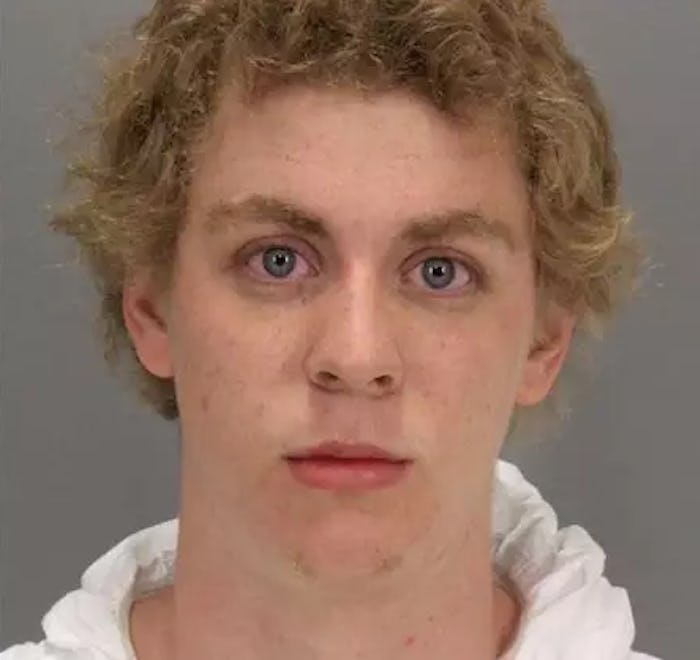News

Why Alcohol Is Never An Excuse For Criminal Activity
When 20-year-old Stanford student Brock Turner headed to trial for the sexual assault of an unconscious woman, his friends and family pled his case, mainly blaming the crime on Turner's and his victim's intoxication. Turner himself, in a letter to the judge, largely used alcohol consumption as an excuse for his actions. The thing is, alcohol is never an excuse for criminal activity.
Can it lower your inhibitions? Yes. Can it lead to poorer decision-making? Sure. But the way that Turner spoke about alcohol made it seem like he only assaulted his victim because he got drunk. As if not violating a person's body is just another social norm, like not drunk-texting your ex. Turner spoke about alcohol as if it were the cause for his assault, rather than the excuse for it, according to the statement obtained by The Guardian:
I never want to have a drop of alcohol again. I never want to attend a social gathering that involves alcohol or any situation where people make decisions based on the substances they have consumed. ... I want to show that people’s lives can be destroyed by drinking and making poor decisions while doing so. ... I want no one, male or female, to have to experience the destructive consequences of making decisions while under the influence of alcohol.
The thing is, plenty of us have done things we regret while under the influence. Alcohol does lower inhibitions and make us more impulsive. But what that lack of inhibition does is lift a veil on desires that were there all along: whether that is eating too much delicious pizza, going home with the good-looking stranger at the bar, or leaping onto the dance floor to show everyone your Sir Mix-A-Lot moves.
People decide to do these things while drinking because they care less about the consequences: your good intentions to stick to your diet, your fears of society judging your one-night-stand, or what your friends may think of your ability to back it up seem less important. As Dr. Bruce Bartholow, a researcher studying alcohol and decision-making, told NBC in 2011:
It’s not as though people do drunken things because they’re not aware of their behavior, but rather they seem to be less bothered by the implications or consequences of their behavior than they normally would be.
But those desires have to be there in the first place, and usually, we don't desire to do anything we're strongly, morally opposed to. That desire simply doesn't exist. For example, after Mel Gibson reportedly used some anti-Semitic words while intoxicated, Dr. Gary Malone, the medical director and chief of psychiatry at Baylor All Saints Medical Center, told CBS:
You can't pour vodka on a turnip and have it say anti-Semitic remarks. When anyone drinks there is a neurological and psychological regression, and the higher the blood alcohol level, the more primitive and hostile the response that comes out. ... Alcohol can't make you think or feel things.
When people have been raised to respect others' bodies and rights, when parents teach their children that driving drunk endangers others outside of themselves, and when people grow up with those morals deeply entrenched in their sense of self, drinking alcohol does not lead to racist slurs, drunk driving, domestic abuse, rape, or murder. (And if a person knows they have twisted views on those issues? They shouldn't drink. They should get help instead.)
As the woman Turner assaulted wrote in a letter addressing him: "You said, 'I stupidly thought it was okay for me to do what everyone around me was doing, which was drinking. I was wrong.' ... You were not wrong for drinking. Everyone around you was not sexually assaulting me."
If society and the justice system don't accept impaired judgment as an excuse for drunk driving or murder, then it shouldn't accept it for sexual assault, either — and it's high time for that to be reflected in our legal system and society at large.